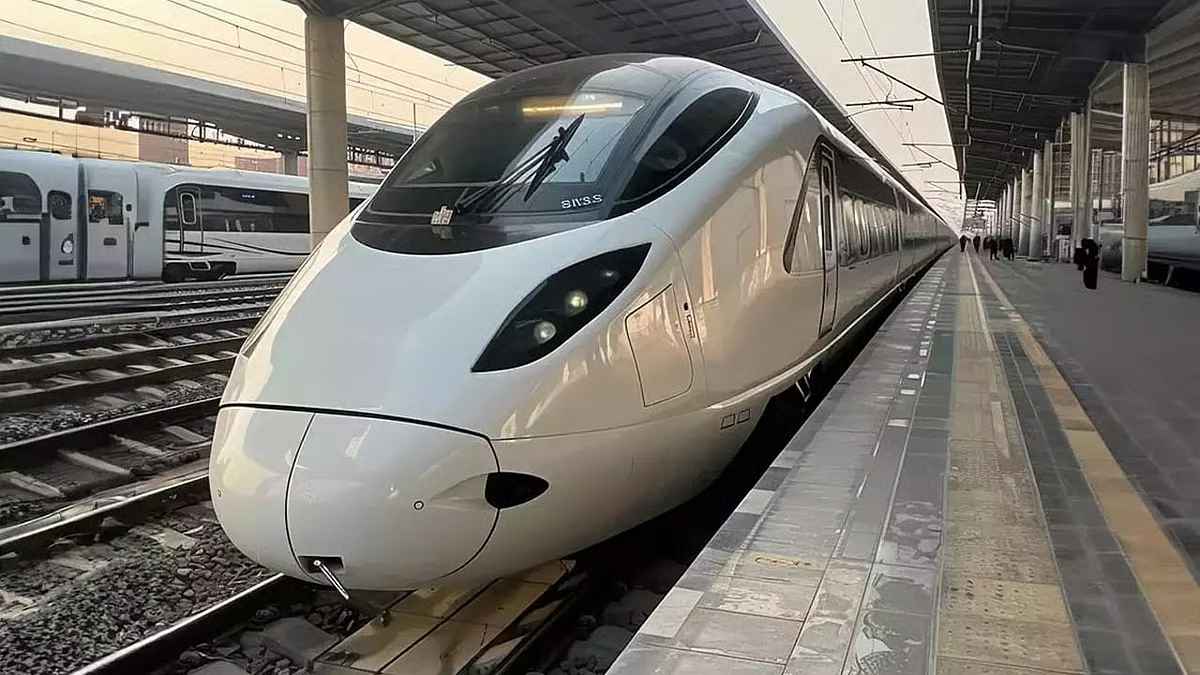Pakistan's First Bullet Train to Cut Lahore-Karachi Travel Time Dramatically

Pakistan's Ambitious Bullet Train Project
Pakistan Railways has announced its plan to introduce the country's first bullet train, a significant development in the nation's transportation infrastructure. This initiative aims to drastically reduce travel time between Lahore and Karachi, cutting it down to just five hours by 2030. The project, which is estimated to cost $6.8 billion, is being developed under the China-Pakistan Economic Corridor (CPEC) with the support of Chinese companies. Authorities believe that this project will revolutionize long-distance travel within Pakistan, offering passengers a faster, cheaper, and more reliable alternative to domestic flights.
The bullet train was initially unveiled in June 2025 as part of the Main Line 1 (ML-1) upgrade, a large-scale railway modernization plan. This project involves upgrading 1,215 kilometers of track, rebuilding bridges, and installing advanced signaling systems capable of supporting trains traveling at speeds of up to 250 kilometers per hour. A feasibility study has already been completed, setting the stage for construction to begin in 2026 and be completed by 2030.
The route of the bullet train will stretch from Karachi Cantonment to Lahore Junction, making stops at major cities such as Hyderabad, Multan, and Sahiwal. At an average speed of 243 kilometers per hour, the journey will be significantly reduced from the current 18 to 22 hours to just five hours. Ticket prices are expected to range between PKR 5,000 and PKR 10,000, making the service a competitive option compared to domestic flights, which currently cost much more.
Beyond the benefits of faster travel, the project is anticipated to create thousands of jobs during both the construction and operational phases, while also boosting economic activity in Sindh and Punjab provinces. It will connect Pakistan's two largest cities and enhance trade by increasing the rail freight share from 4 percent to 20 percent by 2030. Officials highlight that the train will provide students, professionals, and families with a more affordable option than air travel.
However, the project faces several challenges, including Pakistan's financial constraints, issues related to land acquisition, and the risk of construction delays. Given that previous rail upgrades have faced setbacks, there are concerns about whether the 2030 target will be met. Additionally, while the fares will be cheaper than flights, they may still be expensive compared to existing train services, potentially limiting access for lower-income passengers.
If completed on schedule, the bullet train will represent a turning point in Pakistan's transport sector. It is expected to save fuel costs, reduce reliance on costly petrol and diesel, and integrate with future CPEC rail links connecting Pakistan to China and Central Asia. The government hopes that this ambitious project will not only modernize travel but also strengthen Pakistan's role in regional trade and connectivity.

Comments
Post a Comment